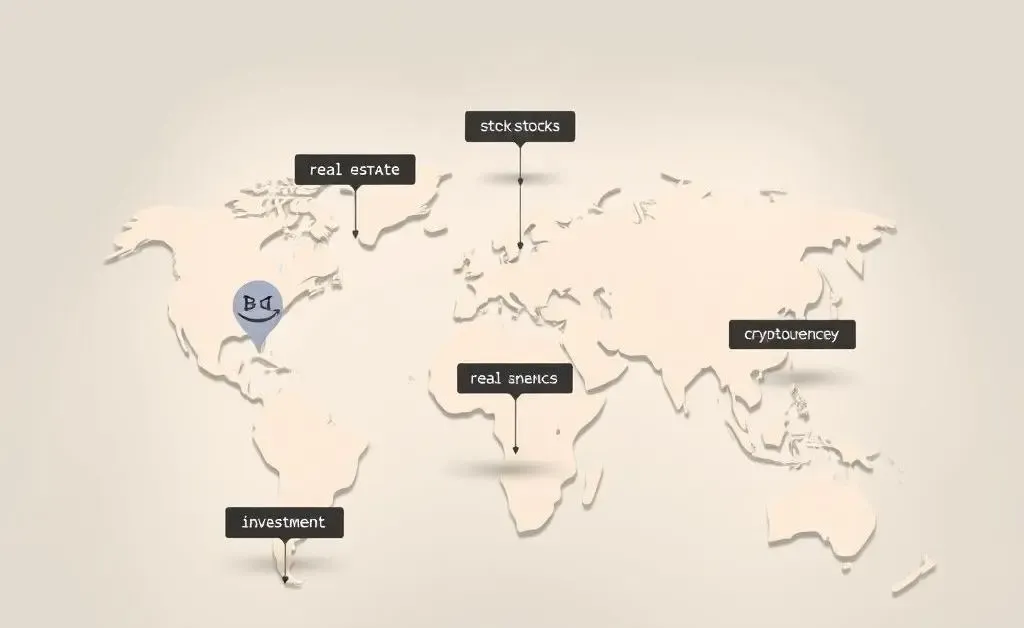Smart Investing: How to Start and What to Consider
Uncover simple investment strategies that fit your lifestyle and financial goals.

Have you ever found yourself wondering where to begin with investing? Whether you're a financial whiz or just starting out, making your money work for you can feel like a daunting task. But don’t worry, it’s easier than you think!
Where Should You Start?
The world of investing can seem overwhelming, but it starts with understanding your financial goals. Are you saving for retirement, a new home, or maybe a luxurious vacation? By defining what you want to achieve, you can tailor your investment strategy to meet those needs.

Creating a Budget
Once you know your goals, it’s all about figuring out how much you can afford to invest. Start by creating a detailed budget that includes all your income and expenses. It's crucial to have an emergency fund before diving into investments.
- Calculate monthly expenses
- Identify surplus income
- Allocate funds for an emergency savings
Remember, investing is a long-term commitment. Regular contributions, no matter how small, can significantly grow over time.

Types of Investments
Now, let's talk about your options. Here’s a summarized sneak peek:
- Stocks: Buying shares in companies. Higher risk, but potentially higher returns.
- Bonds: You’re lending money to companies or governments. Safer, but with lower returns.
- Real Estate: Great for long-term growth and rental income.
- Mutual Funds: An easy way to diversify by pooling money to invest in various assets.
Making an Informed Decision
An anecdote from my own journey: when I first started investing, I treated it like a supermarket spree. It wasn't until a financial advisor suggested considering my risk tolerance that I turned my attention to what truly suited my goals. That’s when investing began to really click.

Conclusion
Investing doesn’t have to be a herculean task. Begin by understanding your goals, manage your budget, and start exploring investment types that fit your lifestyle and risk appetite. What’s your next financial goal, and how are you planning to fund it through investing?




